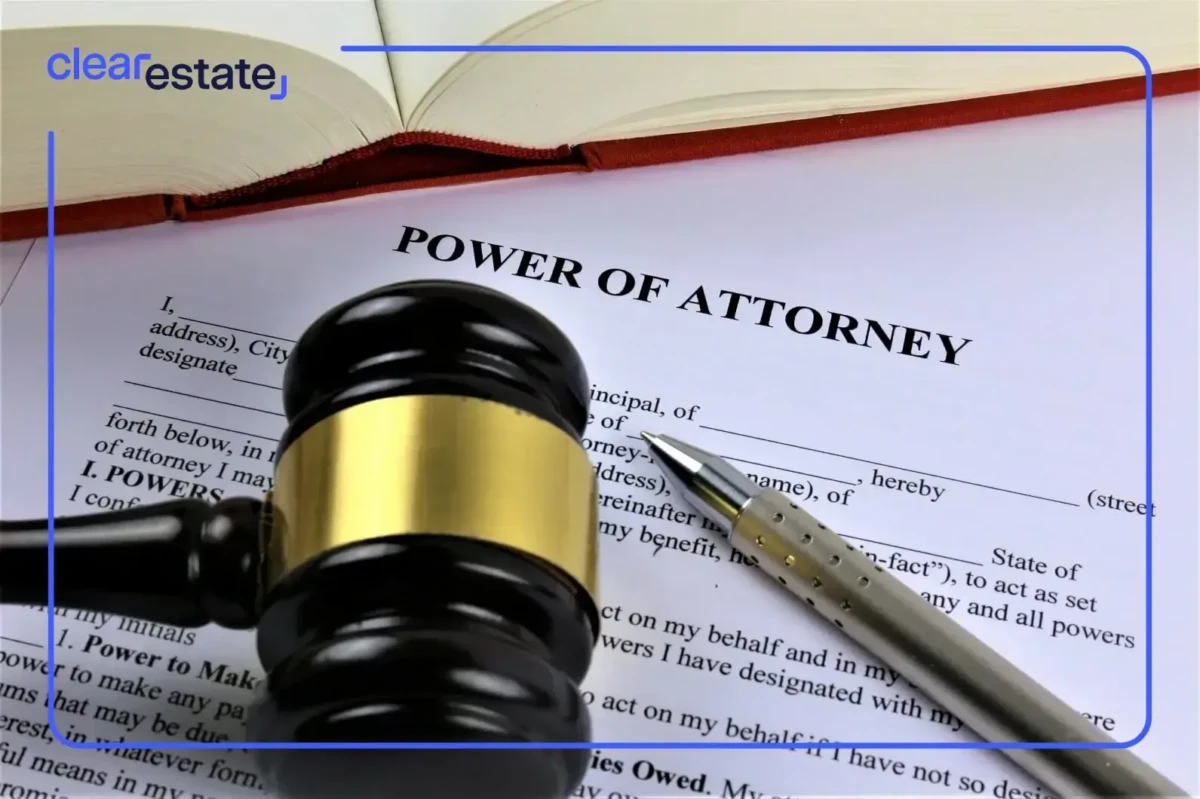Estate Settlement
Dec 04, 2024
How Do Executors Mail Inheritance Checks?
Find out how inheritance checks are mailed, including security measures and what to do if there are delays in receiving them.
There are a few key differences in these legal roles, the main being that power of attorney is granted and carried out while someone is still alive.


An estate executor is someone who’s responsible for overseeing the distribution of someone’s estate after they die and ensuring that the deceased’s last wishes are carried out according to their will. The estate executor is usually nominated by the estate holder before they die, and named in the will so that their role is clear before the probate court. Because of this detail, it can be easy to confuse the role of an estate executor with the granting of power of attorney, which someone also bestows when they want to give someone the authority to look after their affairs.
We regularly share relevant information about wills and estates.
However, there are a few key differences in these legal roles, the main being that power of attorney is granted and carried out while someone is still alive, whereas an estate executor’s responsibilities don’t start until the estate holder has passed.
Power of attorney usually kicks into effect when something has happened to affect the decision making power of the testator, in which case the person granted power of attorney (POA) will be in charge of managing financial and legal matters on behalf of the incapacitated person, making important medical decisions on their behalf, as well as making any other key decisions in their place.
While the responsibilities of an estate executor and a POA appointee are quite similar, they’re two sides of a coin: One takes care of someone’s affairs in case of incapacitation during their lifetime, and one takes care of someone’s affairs after they pass.
If you’re interested in learning more about the benefits of power of attorney or want to know more about the responsibilities of an estate executor, get in touch with us for a free consultation.
 Simplify Probate Today
Simplify Probate Today
Get expert guidance from our probate specialists who've helped 10,000+ families.
Book a free consultation today